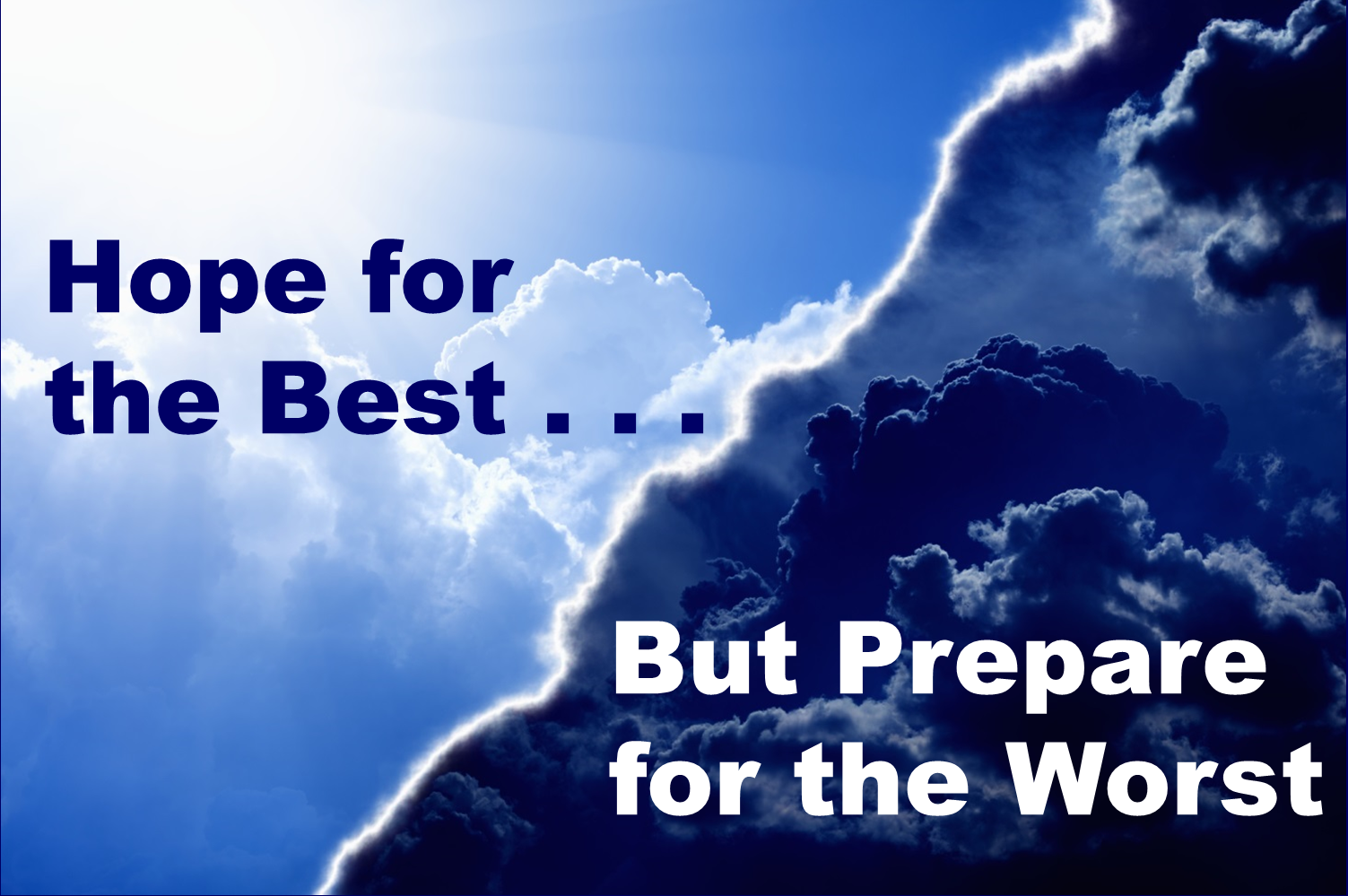
After a 35-day partial government shutdown, affecting an estimated 800,000 federal workers and their families, there is hope in sight. Well, at least for 3 more weeks, at which point who knows what is going to happen. Another shutdown?
Did you know?
This recent 35-day shutdown holds the record for the longest government shut in U.S. history. The second longest U.S. federal government shutdown was in 1995–96, followed by the 16-day-long shutdown of October 2013. To learn the basics of why the U.S. government shuts, check out Wikipedia.
The stories of hardship and stress have been heartbreaking. Demands at food pantries are up. The ripple effect from this government shutdown has been far and wide, affecting airport security and flight schedules, school lunch programs, housing programs, tourism, and business. The Washington Post reported that nearly 10,000 companies contract with shutdown-affected agencies, putting $200 million a week at risk.
And yet this is not a natural disaster, this is purely a man-made catastrophe. Whatever your political views are and which side of the blame-game you stand, there’s one thing that we must all agree on: there is no more job security. We, as individuals, must take actions to protect ourselves from periods of unemployment, regardless of the cause.
The following advice is offered to everyone who needs to work for a living. Unless you are independently wealthy or are a trust fund baby (and even then you are at risk of losing it all), PAY ATTENTION. Regardless of the type of employment you are engaged in–whether you are a federal worker, civil servant, private sector, corporate employee, self-employed, small business owner, work for a staffing agency, nonprofit agency, the education system, municipal government, retail, etc.–there are important actions you need to take and maintain.
Preparation is Your Best Defense
Here are ten things you can do to help prepare you to weather future economic and political storms and to protect your livelihood:
1) Always be networking. Many people only network when they are out of work. This is very short-sited. Networking is a best practice for effective business and career management. We should be networking as a daily or weekly practice. Having strong connections is like having extra insurance. When you need it, it will be there for you.
2) Keep your resume up to date and ready to go. When was the last time you updated your resume or CV? Do you even know where it is? Maintain this critical door-opening document so that when a new opportunity arises, you are ready, willing and able to be considered.
“The only job security you have today is your commitment to continuous personal improvement.”
– Ken Blanchard
3) Stay current with your skills and knowledge. Take every opportunity to sharpen your skills, deepen your professional knowledge, and improve your performances. Take advantage of all the training classes and programming that your employer has to offer. Sign up and show up for webinars online. Check out the abundance of free resources available at your local library. Too busy to learn? How about reallocating a portion of your social media and online entertainment time and converting it into valuable learning and development time.
4) Maintain your LinkedIn profile. If you have not yet created a LinkedIn profile, do so now. Consider this as your professional website. Have a professional portrait taken, write a summary and fill in the blanks. Then send invitations with personalized notes to all of your current and former colleagues, college friends, and family. Figure out the many ways to leverage your LinkedIn profile for your career and business advantage.
5) Save more money. We each need to have a “rainy day fund.” Most experts suggest that adults need to have six months of expenses saved up in an Emergency Fund. Open up a new savings account at a banking institution that is not connected to your other accounts. Don’t get a debit card. Force yourself to go into the bank to deposit and withdraw money. That way it is really a conscious decision. If you get money for your birthday or holidays, sock it away in your Emergency Fund. Make a goal to save a portion of your salary each week, even if it’s just $25 or $50/week. Every bit helps.
 6) Work with a financial adviser/planner. Whatever amount of money you have currently or want to have, you should be working with a financial planner. You need to learn how money works, how to make your money work for you, and to understand the risks and rewards of investing. Don’t be embarrassed if you are not financially literate. Not yet, anyway. It’s a learning curve that we all go through. The earlier you start, the better off you will be. When you learn to budget and manage $1, then you have the basics to budget and manage $1million.
6) Work with a financial adviser/planner. Whatever amount of money you have currently or want to have, you should be working with a financial planner. You need to learn how money works, how to make your money work for you, and to understand the risks and rewards of investing. Don’t be embarrassed if you are not financially literate. Not yet, anyway. It’s a learning curve that we all go through. The earlier you start, the better off you will be. When you learn to budget and manage $1, then you have the basics to budget and manage $1million.
7) Know where your money is. Many people still have money stashed away in a past employer’s 401K plan. It’s time to consolidate that money into an IRA or account that you manage, not your former employer. A financial adviser can help you make that important change. Also keep up your address changes on any pensions or policies that you have. It’s all part of getting your financial house in order.
8) Get a second job or start a business on the side. Relying on one source for your income can be dangerous. It’s good to have multiple sources of income. If you are an arts & crafts type of person, consider selling your creations on Etsy.com or other websites. If you have extra room in your house, consider becoming an Airbnb host and renting out that room to travelers. If you like to drive and own a clean car, consider working part-time as an Uber driver where you can create your own schedule. Develop your entrepreneurial muscles. That might eventually lead you to owning your own small business. But at the very least, it will supplement your income today.
“Preparation for tomorrow is hard word today.”
– Bruce Lee
9) Do Without the Latte. Curb the unnecessary spending by learning to differentiate between needs and wants. Know what’s really behind your impulse spending. Look for alternative choices and options that give you the same reward. For example, brew your own gourmet coffee at home, rather than buying it at an expensive coffee house. (Sorry Starbucks. I still love and respect you.) Get a water filter and use a reusable bottle to hydrate throughout the day, rather than spending tons of money on throw-away, plastic water bottles. Cancel or downgrade your plan subscriptions on Apps, phones, cable channels, magazines, and others whose service levels are more than you need.
10) Go on a 21-day Financial Fast. Once a year intentionally go on a 21-day financial fast. I recommend doing this at a time when you are relatively financially stable and not experiencing any unusual employment situations. There are five guidelines to the financial fast, as subscribed by author/speaker and Washington Post columnist, Michelle Singletary: 1) Spend money on needs, not wants; 2) pay for everything in cash (no plastic); 3) No dining out; 4) Tithing and charitable donations are allowed during the fast; and 5) Journal and record every penny you spend. I have done this twice (2011 and 2014) and it was a surprisingly empowering and enjoyable experience. Read about it in my past blog posts. It’s probably time for me to fast again. How about you?
Given the Uncertainty of Life and the Certainty of Unemployment…
I am fond of saying that if you haven’t been fired or laid off (or furloughed) at least once in your career, you haven’t really lived. Of course, this has a cheeky edge. But the last few decades have certainly shown us that there is no such thing as permanent employment. It’s best that you are prepared. It is likely to happen again. Don’t panic, don’t despair, just get yourself ready so that you can weather the next storm.

